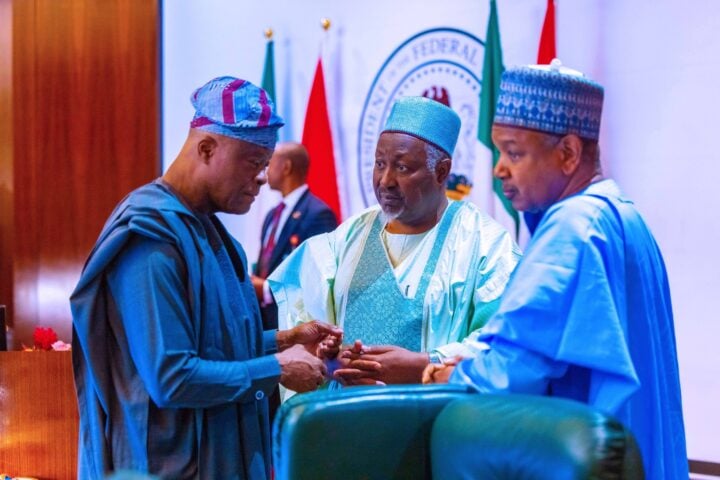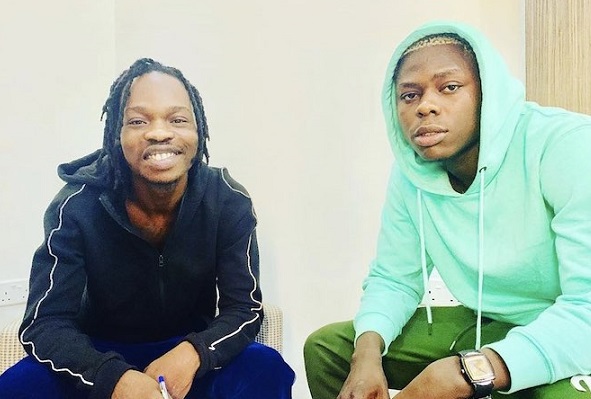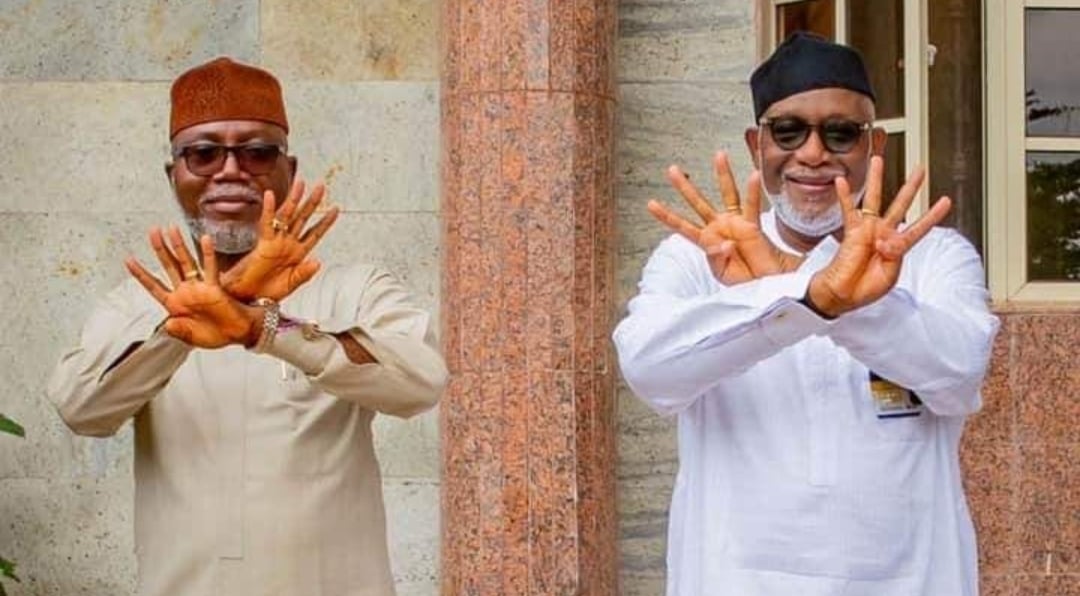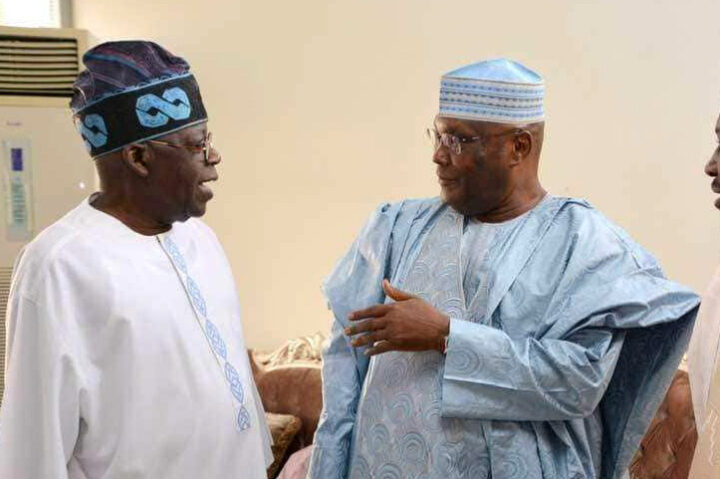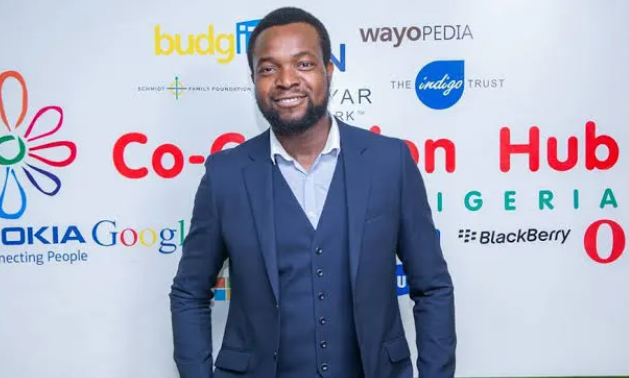The past one-and-a-half months, or so, would go down as some of the busiest for Asiwaju Bola Ahmed Tinubu’s presidency, especially on the diplomatic front. Towards the end of August, Asiwaju sent his Vice President, Kassim Shettima, to represent him at the BRICS (Brazil, Russia, India, China, and South Africa) summit in South Africa, obviously to explore the possibility of Nigeria partnering with the five-nation union in the area of trade with a view to “providing opportunities for all to engage in trade, prosperity, and shared progress with no marginalisation base on geography, race and legitimate sovereign affiliation”, according to Shettima.
Then came September when he, himself, attended the G-20 summit in India, having been invited by the Indian prime minister, Narendra Modi. Nigeria, though not a member of the G20, was officially listed as invited on the G20 website, alongside some other countries. The former Lagos state governor accepted the offer to attend in a bid to bring available business opportunities in Nigeria to the awareness of the investing world and possibly, attract and assure them (the investors) of a conducive business environment that guarantees a robust return on investment while reflating the recessive economy, providing employment as well as making available, the sadly lacking but badly needed foreign exchange to stabilise the value of the country’s currency –the Naira– against those of other major currencies of the world, especially the US Dollars. This would also serve to secure a place for Nigeria at the table on which the “global cake” is being shared by the “big boys” – the industrialised nations.
On his way back from India, President Tinubu made a stop-over at the United Arab Emirates where he held bilateral talks with his Emirati counterpart, Mohamed bin Zayed Al Nahyan, to revive the almost-dead diplomatic relationship between the two countries. As we speak, there is a complete visa ban on Nigerians by the UAE – a country that opened its door to virtually everybody before. Now, there is also no direct flight from either of the countries to the other just as there has been no trade since then.
Before the diplomatic row, which predated the inauguration of Tinubu’s administration, the volume of trade and air traffic between the two countries was such that in 2021, the value of Nigeria’s exports to the Middle East country was $276 million. The main products that Nigeria exported to the country were gold ($144 million), crude petroleum ($57.5 million) and petroleum gas ($31.6 million) whereas in the same year, the United Arab Emirates exported $1.36 billion worth of goods to Nigeria. The main products exported from the United Arab Emirates to Nigeria were broadcasting equipment ($213 million), cars ($132 million), and jewellery ($89.7 million). During the past 25 years, the exports of the United Arab Emirates to Nigeria have increased at an annual rate of 21.7%, from $10.1 million in 1996 to $1.36 billion in 2021. This translates to $1.084 billion in balance of trade deficit for Nigeria but a surplus (favourable) balance of trade to the UAE.
Advertisement
The expectations (of Nigerians), as raised by the Nigerian contingents, after the meeting between the two leaders were that the UAE would lift the “visa ban” on Nigerians, the Emirates, and Etihad Airlines would resume flights in and out of Nigeria, and ditto for Nigeria’s Air Peace, into and out of the UAE; that the UAE would invest several billion dollars in defence, agriculture sectors in Nigeria; and a new forex liquidity programme between both countries to be unfolded thereafter. But we were made to understand by the Emirati government that it is not that straightforward, especially in a country like the UAE where leaders are more accountable to their people than they are in our own part of the world. When one considers the circumstances leading to the row, it stands to reason that they be more circumspect by trying to negotiate with their terms, based on their national interests, be firm and clearly spelt out. For emphasis, issues including crimes like internet fraud, cult-related violence on the street by Nigerians and the inability of their airlines to repatriate their funds were at the core of the diplomatic face-off. So Nigerians are still waiting for the manifestation of the resolutions at the meeting.
In less than two weeks after his return from the UAE, the president was again on the air-borne, this time to the United Nations General Assembly (UNGA) in New York where he, expectedly, held meetings on the sidelines with members of the international business community, especially those of the US, from where he proceeded, upon invitation by the world’s second-largest stock exchange, the National Association of Securities Dealers Automated Quotation System (NASDAQ) in the world’s financial capital –New York City– on Wednesday last week to ring the closing bell on the floor of the market. In a short speech, before he rang the bell, he told his host how happy he was to bring Nigeria – the biggest economy in West Africa (sub-region) to their doorsteps.
That is how far Tinubu’s aggressive push for foreign direct investments (FDI) to boost the nation’s economy has taken him since he assumed the mantle of leadership on May 29, 2023. Having been in and around the government since 1999 to date, especially since 2015, his job is well cut out for him and he is not unaware of how urgently Nigerians need him to accomplish the task. He needs to retool and reshape the economy and bring it (the country’s economy) back from the precipice, where it currently is. While doing that, he, as well as most right-thinking Nigerians, also fancy establishing Nigeria as a force to reckon with, in the global political economy, on account of our natural endowments.
Advertisement
The questions now are; where does he start from? Between the cart and the horse, which one comes first? The horse, of course, and in this case, putting our house in order, is the proverbial horse. We need to put our house in order, before inviting foreign investors. The questions are; have we done that, to make it attractive enough for foreign investors? How safe would their lives and investments be, in case they decide to heed the call, and come in? Will they have to provide their own power, roads, and other social infrastructures that enhance “ease of doing business”? What is (or, has) the government doing (or done) about the predatory corruption at the point of entry (Immigration, Customs, and other paramilitary agents at our airports). What about corruption that walks on all four by government officials, at the point of business registration? Or, the inevitable interaction (post-registration) with “regulatory agencies”, most of whose operatives carry on, as though they’re on a mission to kill businesses in Nigeria?
The issue of multiple taxation, and extortion on the highway by different security agents are of concern that the investing world is not unaware of. The world is a global village. Therefore, everyone in the global business community documents, viral videos of what some of our security agents do on the highways where they mount roadblocks to extort motorists, and maim or even kill, anyone who refuses to play ball.
As the saying goes, “charity begins at home”. Even in the Bible, it was said in the book of Matthew chapter 6 verse 33: “But seek ye first the kingdom of God, and his righteousness, and all these things shall be added unto you”. If we learn how to save Kobo, Naira will save itself, as my late father would always tell me. If the business environment, as well as the society at large, is sanitised, investors need little, or no convincing, to come in with their funds. Even though I agree that the president needs to embark on those diplomatic trips and meetings to engage with prospective investors and assure them of a politically and socio-economically stable business environment conducive enough for businesses to thrive, we must ensure that it does not foreclose the need for us to do the basics, first. We cannot afford to ignore doing the basics, like sanitising our business “environment”, before embarking on those trips.
Now, coming to our intended relationships with (being partners, or being admitted, outright, as a member-state of) multilateral economic organisations, the principle of “charity beginning at home” needs to be our guiding operational manual. Nigeria cannot aspire to be a leader in Africa without first being one at the sub-regional level of West Africa and she cannot also successfully become a global leader without using Africa as a continent – a trading bloc, as her base on which to leverage. Nigeria must demonstrate her capacity to be a global economic leader by showcasing her leadership prowess by providing leadership for Africa.
Advertisement
And fortunately, such an opportunity as the African Continental Free Trade Agreement (AfCFTA) — the largest single trading bloc by membership after the World Trade Organisation (WTO), is available, custom-made for that purpose. If the rest of the world sees the AfCFTA being firmly afoot, with Nigeria in the driver’s seat, President Tinubu would not have to “genuflect” before the leaders of the G-20, or even the G-7, to be granted express approval for membership as he did in New Delhi or like the Vice president did at the BRICS summit in South Africa earlier. Instead, it would be the other way around.
For a starter, between the G-7, BRICS, G-20, and AfCFTA, Nigeria must get her priority right if she must stake her rightful claim of prominence in the comity of those nations currently calling the shot. The dignity and respect we desperately crave must be internally or locally engineered, it must be Afrocentric, for us to command the desired respect from any of the prospective global trade and economic partners, be it G7, G20, or BRICS. It has to start from the ECOWAS. That would be the basis of consummating our leadership position in Africa, by getting more involved in what is going on in the AfCFTA. Nigeria must join hands with the likes of Kenya, Ghana, Rwanda, Zimbabwe, Uganda and those who are currently engaging in the pilot scheme of the “Guided Trade Initiative” (GTI) that has seen trading taking place between Kenya, Uganda and Ghana within the framework of AfCFTA to take it to the next level to advance the course of Africa’s march towards shared prosperity. With that, Africa, and significantly, Nigeria will be able to negotiate for deals on more favourable terms, for if you are negotiating from a position of strength, you can dictate your terms.
The economic team assembled by the president and led by the minister for finance, Wale Edun, must sit down, put on their thinking caps, and decide which of the directions it wants to face as they work to recalibrate the country’s economy with a view to making it work towards achieving a shared prosperity, for the good people of this great country. This is in order for the country to sit at the table rather than being a waiter. We cannot afford to genuflect before and be humiliated by countries who ordinarily should be looking up to us for aid and assistance but for our lack of focused and dedicated leadership on the home front. It is that time when a referendum must take place, for them to choose, whether they will continue to put themselves in such a beggarly position as we witnessed in India when our president was making a thinly veiled appeal for Nigeria to be admitted as a member of the G-20. Or they come back home, and put the necessary things in place in line with the admonition of the biblical verse, quoted above, and from there, work their way up, through ECOWAS, and then, AfCFTA, in that order. It is only through the latter, that we can safeguard our dignity, as a people, and a sovereign nation. The ball is in their court.
Finally, as Nigeria navigates this delicate period in the history of her nationhood, I want to wish Nigerians, home and abroad, a happy 63rd Independence celebration in advance.
Advertisement
Abubakar writes from Ilorin, Kwara state. He can be reached via 08051388285 or marxbayour@gmail.com
Advertisement
Views expressed by contributors are strictly personal and not of TheCable.
Add a comment

